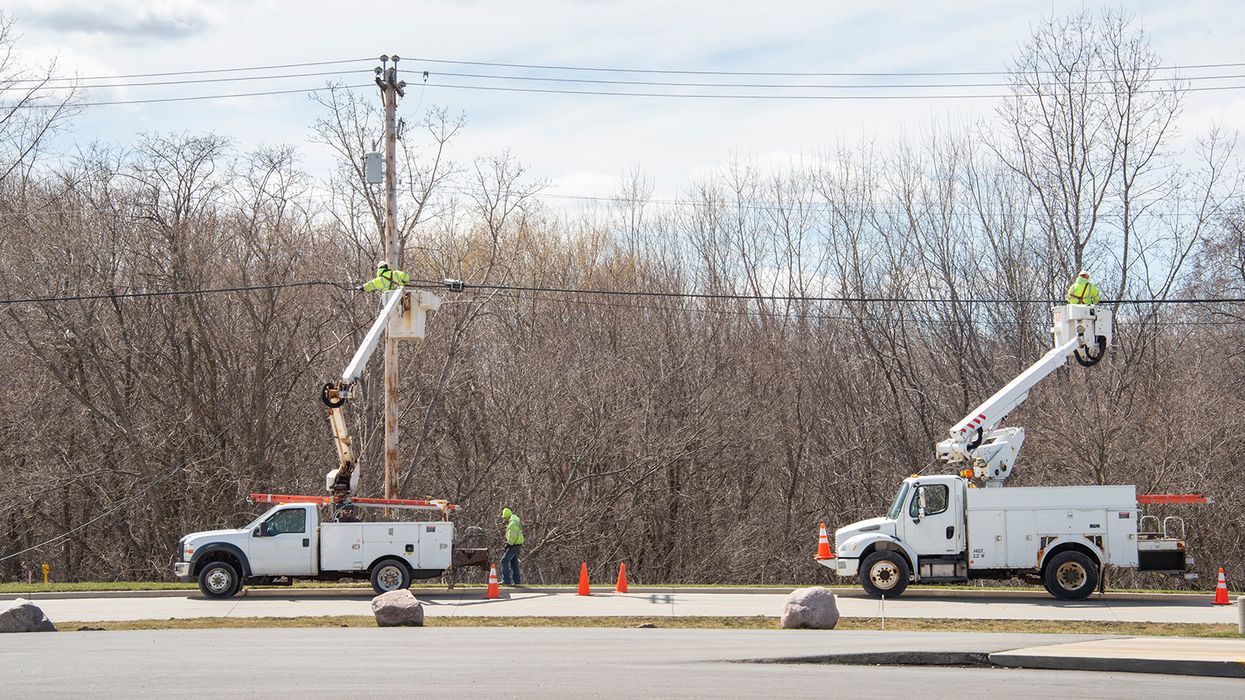Who are those FMLA family members?
The other day, someone told me they thought employees could take leave under the federal Family and Medical Leave Act (FMLA) for any family member, and even for individuals with whom employees identify as someone they have a family-like relationship. This is not true.
How the FMLA defines family members
Under the FMLA, eligible employees may take leave to care for a:
- Spouse,
- Parent, or
- Child.
The FMLA defines each of those terms. Employers and employees, however, might be surprised to see how narrowly defined these family relationships are.
Spouse: A husband or wife (sex notwithstanding) refers to the other person with whom an individual entered into a “legal” marriage, as defined by state law. This is based on the state or country in which the marriage was entered into. If the marriage is valid in the place where the couple married, it’s a legal marriage. This includes common law marriages.
Spouse does not, however, include domestic partners.
Parent: A parent is a biological, adoptive, step or foster father or mother, or any other individual who stood in loco parentis to the employee when the employee was a child as defined below. This term does not include parents “in law.”
Child: A child is a biological, adopted, foster child, stepchild, legal ward, or a child of a person standing in loco parentis, who is either under age 18, or age 18 or older and “incapable of self-care because of a mental or physical disability” at the time that FMLA leave is to commence.
Other relationships such as siblings, uncles, aunts, grandparents, grandchildren, or domestic partners are not specifically included under the FMLA. Even if an employee has power of attorney for an individual, that doesn’t create the required family relationship.
State laws have broader definitions
Many state leave laws define family members much more broadly. They include domestic partners, siblings, grandparents, or grandchildren. Some state leave laws even allow an employee to select a "designated person," who is often defined as any individual related by blood or whose association with the employee is the equivalent of a family relationship.
States with leave laws that include designated individuals include states like (not a complete list):
- Arizona
- California
- Colorado
- Connecticut
- District of Columbia
- New Jersey
- New Mexico
- Oregon
- Washington
Key to remember: Employees may not take federal FMLA leave for family members beyond a spouse, parent, or child. State laws, however, are often more generous with their definition of a family member.
























































